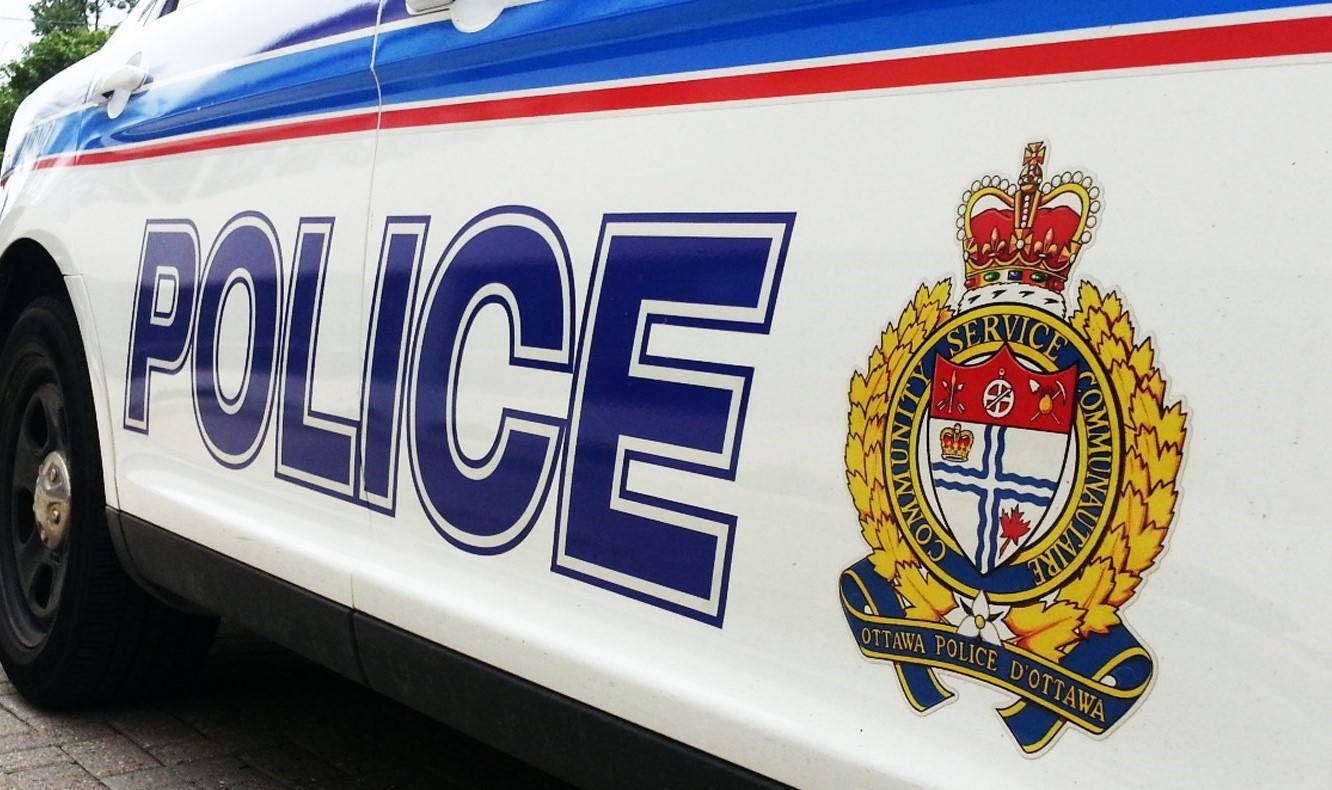
Opinion: Something is Rotten in the State of Ottawa
It has been said that the reason nothing changes in the criminal justice system is due to the ‘four horsemen’ of political inaction: inertia, ignorance, apathy and cost. When it comes to the Ottawa Police Services Board and their lackadaisical attitude to the issue of carding, it appears all four of these elements apply. How else can you explain the fact that the Ottawa Police Services Board has done next to nothing to address this city’s carding problems?
The role of a police services board should not be to rubber stamp decisions made by the chief of police. The issue of street checks or carding was first brought to the attention of the Ottawa Police Services Board back in 2012 when university student Andrew Tysowski was stopped by an Ottawa police officer and given a ticket because six years previously he had the temerity to exercise his charter rights under Canadian law.
In 2006 Mr. Tysowski had been asked by officers to get off an OC Transpo bus and answer some of their questions. Someone thought he resembled a robbery suspect and had called police. After answering their questions and producing valid identification, Mr. Tysowski inquired as to why the officers asked him to get off the bus. When one of the officers reacted negatively to his request Mr. Tysowski indicated he had studied police foundations at Algonquin College and that he was legally entitled to receive an answer to his question.
In 2012 when Mr. Tysowski was stopped by an Ottawa police officer for an alleged infraction under the Highway Traffic Act, he was asked to provide the registration certificate for his vehicle, which he did. The officer checked with dispatch and discovered a report about his interaction with police on the OC Transpo bus six years earlier. As a consequence, he informed Mr. Tysowski that because of his attitude towards police back in 2006 he was giving him a ticket for failing to provide registration for his vehicle even though the officer was actually holding the certificate in his hands.
Following this incident Mr. Tysowski filed a complaint against the officer with the Office of the Independent Police Review Director (OIPRD). When the OIPRD finally released their report into the complaint, Mr. Tysowski was shocked to learn that back in 2006 the officers had produced a report on the incident where they stated that they were making a note of his negative attitude in the event he should ever apply to join the Ottawa Police Service in the future.
This case raises a number of issues. First, it illustrates the extent of police ignorance when it comes to the Canadian Charter of Rights and Freedoms. Every day in courtrooms in the City of Ottawa and across the province criminal lawyers make charter applications claiming that officers have violated their clients’ rights. The costs involved in processing these applications are in the millions, and the applications invariably lead to charges being dropped or dismissed in court. So why is it that police officers do not seem to have the foggiest notion of Canadian law and the charter rights of citizens?
Second, upon what basis in law are police in this country allowed to surreptitiously record prejudicial information on individuals and keep it secreted away in their police files without any due process or avenues of accountability for the affected person? What are the consequences when police engage in this behaviour?
Third, why are oversight bodies like the Office of the Independent Police Review Directorate not imposing severe penalties on officers who engage in this kind of conduct?
In the case involving Andrew Tysowski the OIPRD ruled that the officer’s actions were only minor in nature and therefore did not warrant a more stringent penalty than being talked to by a senior officer. There is something wrong with this picture. Tell that to the hundreds of people who have had their lives negatively impacted by the racial and discriminatory practice of carding or street checks that was documented in a series of articles published in the Toronto Star. Many people told the Star that they were unable to travel to the US, obtain volunteer positions and in some cases even secure employment because they had been subject to carding by the Toronto Police Service. The fact that all of this was done by the police without the knowledge of the individual affected should be a concern to all people who value their freedoms and civil liberties.
In 2012, I wrote to the Ottawa Police Services Board and made them aware of Andrew Tysowski’s case. In typical fashion they did nothing.
In Ottawa we have a police services board appointed under the Police Services Act of Ontario. This board is supposed to provide the Ottawa Police Service with direction when it comes to issues of policy and other matters affecting policing in the city. Mayor Jim Watson sits on this Board, as does former Mayor Jim Durrell. What is the purpose of these boards if the people who sit on them are going to collect their per diems and say nothing about issues that negatively impact the freedoms of people they are supposed to represent and protect?
Preserving the status quo is not an option. The Police Services Act needs to be amended so it sets out very strict rules and guidelines governing carding or street checks in the province of Ontario. The OIPRD needs to be abolished and replaced with a genuine oversight body that holds police accountable for their actions. Last but not least, the role of police service boards needs to be clarified so that the people who sit on these boards are actually required to do something to earn their per diems even if that means protecting citizens from policing practices that undermine the rule of law in a democracy.
Darryl T Davies is a criminologist with the department of sociology and anthropology at Carleton University. The views expressed herein are those of the author in his personal capacity.









